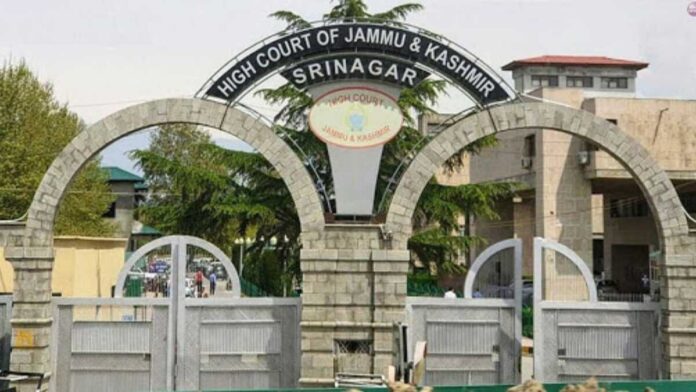The Jammu and Kashmir High Court Bar Association in Jammu has issued a directive barring anyone other than practicing lawyers from wearing the traditional black-and-white courtroom attire inside the court complex. The decision, aimed at preventing impersonation and maintaining the sanctity of the legal profession, was announced through an official statement released on Saturday by the Bar’s joint secretary, Anshu Mahajan.
According to the notification, “No clerk, litigant or a member of the general public is permitted to wear a white shirt, black pants and black coat during their visit to the court complex.” The statement further warned that any individual found violating this rule “shall be treated as a tout,” and appropriate legal action may follow, including the filing of a formal complaint.
The Bar Association emphasized that the black coat and white shirt ensemble is “strictly reserved for lawyers as a mark of professional identity and dignity of the legal fraternity.” The directive also clarified the dress code for interns, requiring them to wear a black tie along with proper uniform, while explicitly prohibiting them from wearing the white neckband until they are formally enrolled as advocates.
The move has triggered mixed reactions within the legal community. Subash Chander Gupta, a retired judge of the NIA court, called the advisory “unusual but purposeful,” noting that it helps tackle the persistent problem of touts impersonating lawyers to deceive unsuspecting litigants. “It creates problems when touts disguise themselves as advocates,” he said, but added that the restriction on white shirts could be reconsidered, especially in the hot weather where it’s a common choice among litigants.
Supporting the decision, senior advocate Sheikh Shakeel Ahmad said that concerns about unauthorised individuals posing as lawyers have been growing, particularly among younger advocates. “It was hurting the profession, and that’s what prompted the bar association to take the initiative to regulate this misuse,” he said.
The directive is the latest in a series of steps taken by bar associations across the country to preserve the professional integrity of courtrooms and protect litigants from being misled by imposters.




